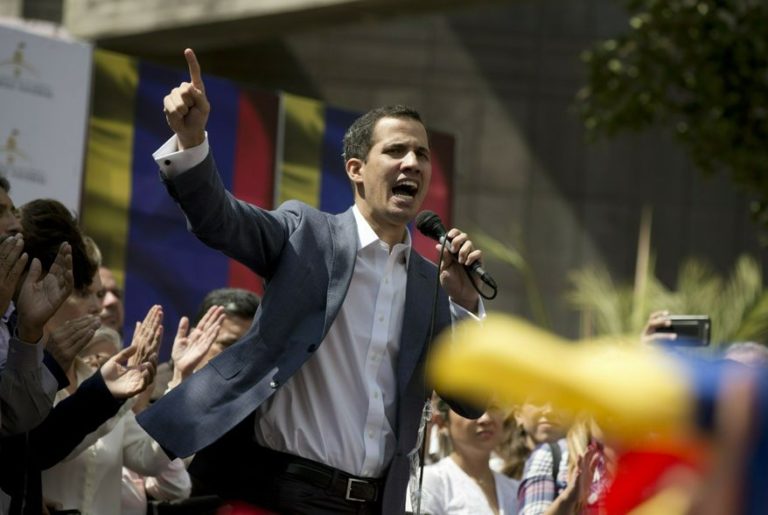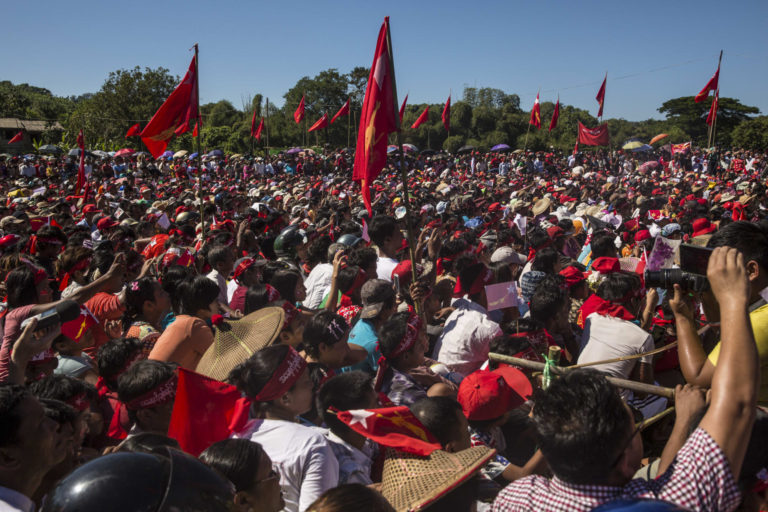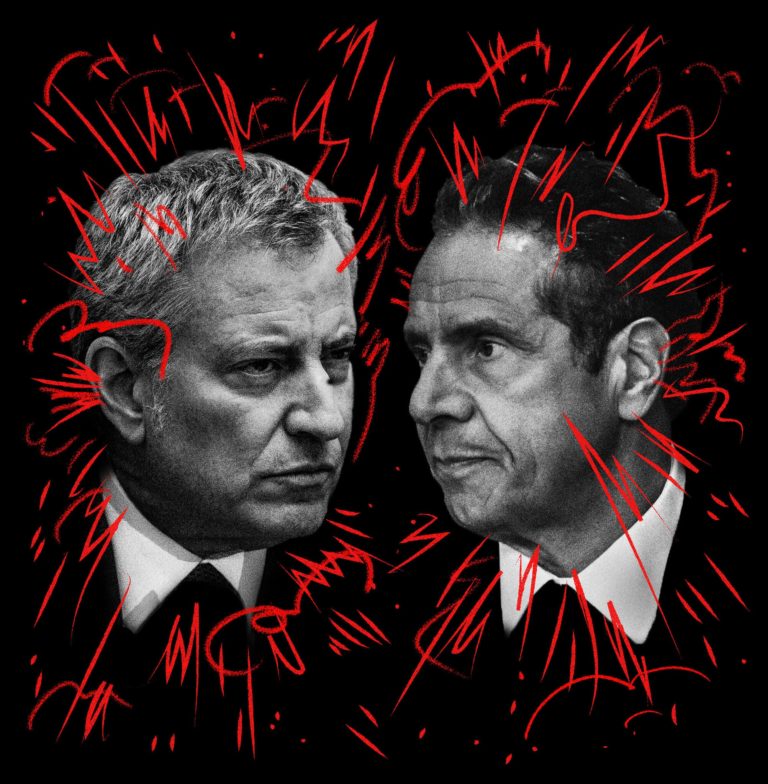
Pictured: Congresswoman Tulsi Gabbard welcomes Indian Prime Minister Narendra Modi to California (2015)
Photo courtesy of Gabbard’s House website
Tulsi Gabbard is the first Hindu member of Congress. She joins the ranks of the prestigious religious “firsts” with Rep. Dalip Singh Saund (D-CA, first Sikh member of Congress), Rep. Keith Ellison (D-MN, first Muslim member of Congress), and Sen. Mazie Hirono (D-HI, first Buddhist member of Congress.)
Her presence in Congress has garnered an enthusiastic response from Indian Americans, 90% of whom identify as Hindu. In fact, Gabbard has opened up her arms to the Indian American community on the religious middle ground she shares with most of them. She has even gone so far as to continuously praise Indian Prime Minister Narendra Modi, another connection that Gabbard has cultivated on religious grounds.
Prime Minister Modi is a controversial figure, both with Indians at home and Indians abroad. Although his most recent election saw a landslide victory, concerns have been voiced about his autocratic leanings – especially considering his military takeover of the state of Kashmir.
Many publications, from Foreign Policy magazine to Bloomberg, have denounced Modi as a Hindu nationalist in the making. The label “Hindu nationalist” signifies something divisive in the political realm. This is not just because India is a religiously-diverse country, but because Hindu nationalism has recently been compared to white nationalism in the media. It even has its own name, known as “Hindutva,” which promotes the religious superiority of Hindus. Modi, as of now, has not made any statements confirming or denying whether he agrees with this label. His lack of response to these allegations makes it difficult for anyone, political rival or otherwise, to determine where he stands ideologically. But media outlets have rather tapped into the subtext of what Modi doesn’t say, rather than what he says.
What does this have to do with Rep. Gabbard? The answer lies in the Congresswoman’s staunch support of the controversial Prime Minister, even when his decisions may not align with the traditional American ideology of religious freedom. This includes defending his involvement in the infamous 2002 Gujarat riots, which saw roughly 2,000 deaths. Approximately 40% of those deaths (790 people) were officially reported to be Muslims. The Human Rights Watch accused the state of Gujarat of orchestrating a cover-up of their role in instigating the violence. Modi took much of the heat for this, being the Chief Minister of Gujarat at the time. The U.S. Department of State went so far as to ban Prime Minister Modi from entering the country due to his alleged role in the attacks. To add fuel to the fire, Gabbard deemed this ban as a “great blunder” on the side of the U.S.
Although the U.S. and India have maintained a comfortable relationship for decades, Congresswoman Gabbard’s policy towards India seems personal. Saif Khalid, a journalist with Al Jazeera English, remarked: “Tulsi Gabbard whitewashes Modi’s complicity in independent India’s worst anti-Muslim violence.”
Moreover, there have been multiple claims that Gabbard’s campaign has received financial support from the Rashtriya Swayamsevak Sangh (RSS), a polarized right-wing Hindu nationalist organization. The RSS is also the parent organization of the Bharatiya Janata Party (BJP), Modi’s home territory. These alleged ties have received a considerable amount of media attention. A Change.org petition has 3,800 signatures demanding for Gabbard’s resignation from Congress due to her affiliation with the RSS.
Gabbard, however, has denied all claims to this connection. Another somewhat biting fact is that Gabbard opposed House Resolution 417 in 2013, which “urges all [Indian] political parties and religious organizations to publicly oppose the exploitation of religious differences and denounce harassment and violence against religious minorities.”
Pictured: Gabbard’s connections to India and Modi even tie into her campaign. Photo courtesy of Rep. Gabbard’s presidential campaign website.
Congresswoman Gabbard’s stance on U.S. foreign policy is controversial. Previously, she agreed to meet Syrian autocratic leader Bashar al-Assad and Egypt’s strongman leader Abdel Fattah el-Sisi. Certainly, when it comes to Modi and the idea of a “Hindu India,” one would hope that her only alliance is to equality. Gabbard has a responsibility to the American people to be honest about her foreign affiliations. Allegations that she entertains relations with Hindu nationalist groups is something that warrants a fully-fledged and detailed response. As someone who claims to support “all religions,” Gabbard is having a fairly easy time waving away her possible association with Hindu extremism. In a time of populism and persecution around the globe, she has not been the politician to step up to the plate.



